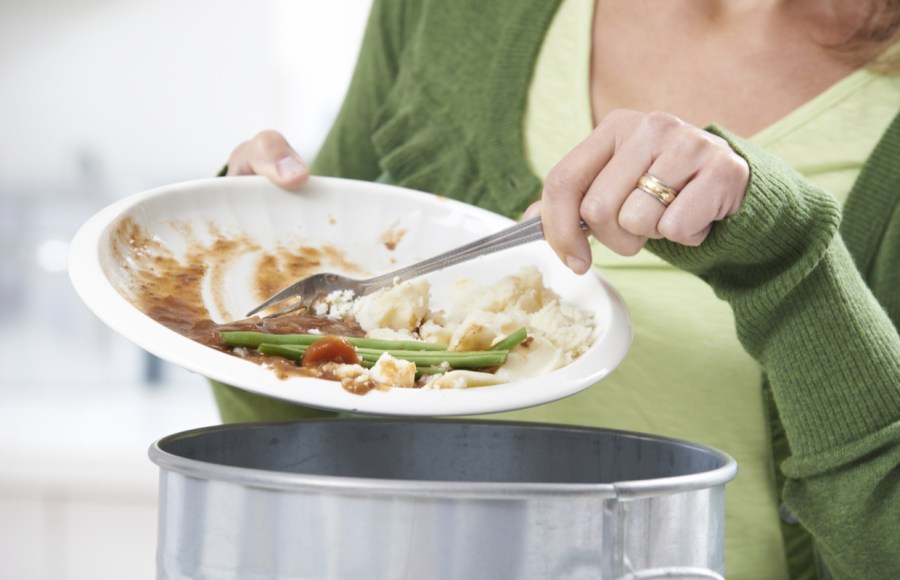Looking to make your food habits more sustainable? One key way to cut your environmental damage in the kitchen is to reduce your food waste. We hear from Hannah Cornick, head of sustainability & social innovation at Danone UK & Ireland, who explains how to avoid food waste and create more sustainable eating habits…
A growing number of us are looking for new ways to eat more sustainably. We might be pursuing a more flexitarian diet, incorporating more vegetarian or vegan meals into our weekly meal plans or opting for plant-based milks.
One important way we can have a positive impact on the environment in the kitchen is through minimising food waste. A recent report from WWF and Tesco suggests that an estimated 40% of food produced (around 2.5 billion tonnes) goes uneaten around the world every year. This wasted food has a significant impact on our environment.
40% of food produced goes uneaten around the world every year.
Throwing out food wastes all the energy, fuel and water that went into its production. Unused food also contributes significantly to greenhouse gas emissions when it is sent to landfill, where it rots and emits harmful methane.
In fact, global food waste produces more greenhouse gas than all commercial flights taken around the world. On top of this, wasted food is expensive. Every year the average household wastes over £700 on food that is thrown away when it is still good to eat.
4 ways to avoid food waste
There are really simple ways to tackle this which everyone can do at home. Here are some of our top tips for cutting down food waste:
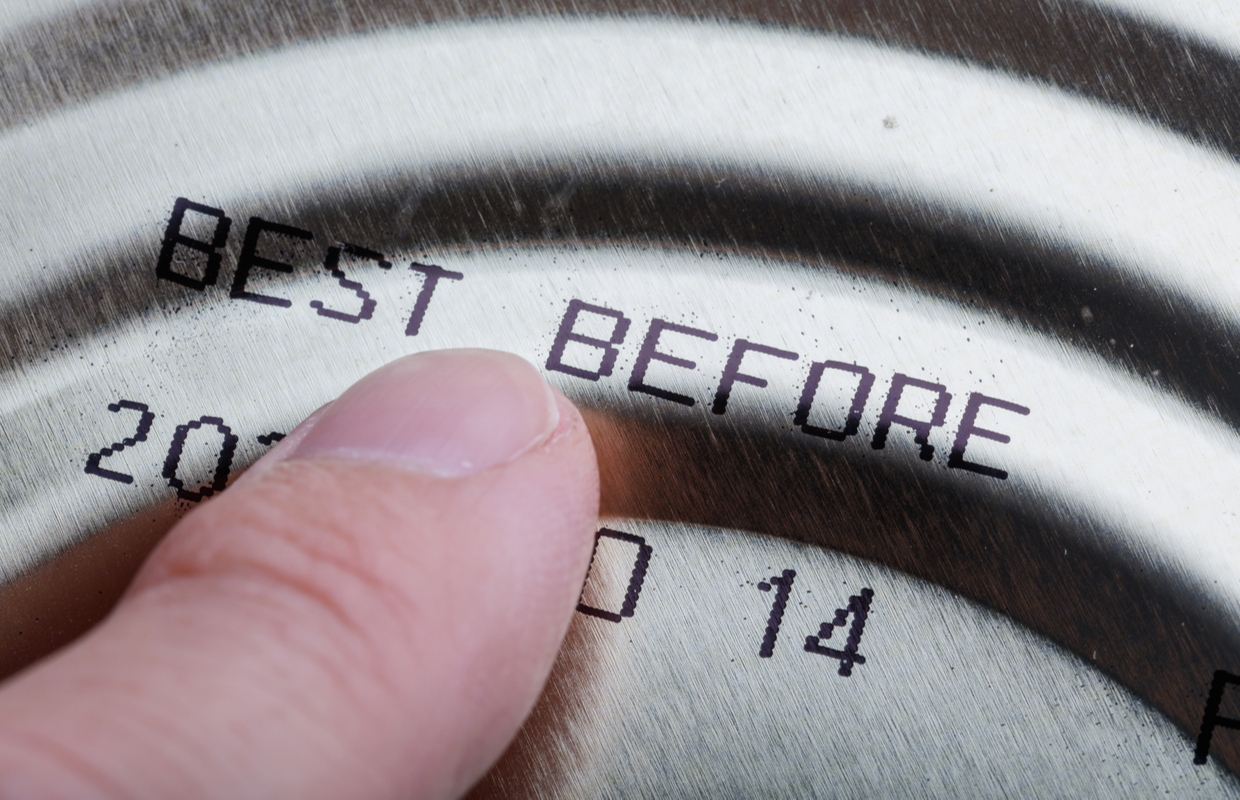
1. Make sure you understand ‘use by’ and ‘best before’ date labels
Data from anti-food waste app Too Good To Go shows that confusion around expiry dates is responsible for a shocking 10% of all food waste across Europe.
Part of the reason for this is confusion around what the different labels mean. Simply put, food that has passed its ‘Use By’ date is no longer safe to consume (though you can extend the life of certain foods by freezing it, as long as you freeze it ahead of the ‘Use By’ date!)
In contrast, food passed its ‘Best Before’ may still be safely eaten. If the food looks, smells and tastes ok, it should still be safe to eat and it doesn’t need to be wasted.
Lots of us spot that a product is past its Best Before and will bin it without checking whether it might still be ok to eat. That’s why Danone has signed up to support Too Good To Go’s ‘Look, Smell, Taste Don’t Waste’ campaign to help tackle food waste by switching from ‘Use By’ to ‘Best Before’ dates across our yogurt brands.
Other labels on packaging, like ‘Sell By’ or ‘Display Until’ dates, can be ignored as these are for the retailer. They just let shop staff know how long the products have been sat on the shelf.
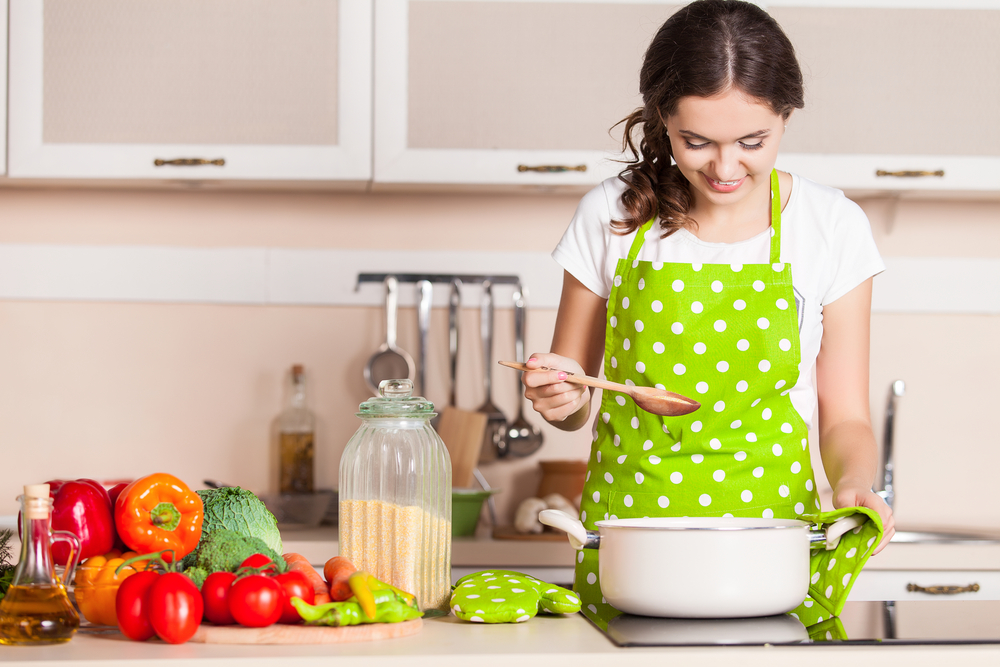
2. Get inventive with recipes
There are lots of simple ways to rescue food that’s approaching its ‘Use By’ date. Tomatoes and fresh herbs can be whizzed together to make a salsa or sauce for dinner. Leftover beans can be mashed and mixed with dried herbs to create a tasty dip to have with crisps.
Stale bread can also be used to make breadcrumbs to pop on top of dinners. Or, you could store it in the freezer for a later date. Don’t forget to use up yogurts too. These could be blended up into a smoothie with fruit that is getting a bit ripe or added to baking for extra moist cakes.
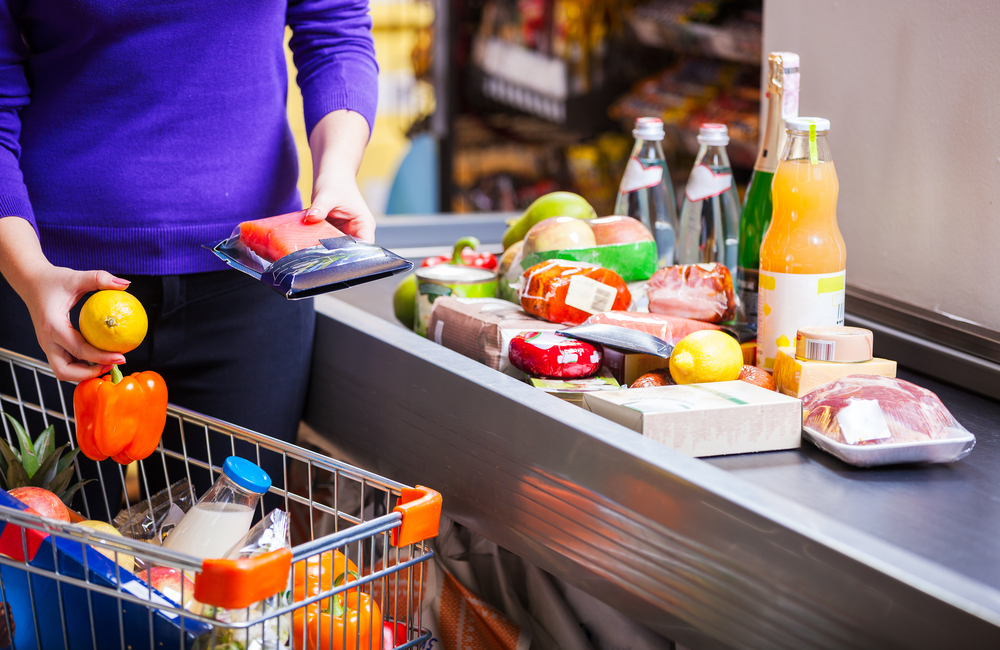
3. Plan your meals in advance – only buy what you need
Planning your meals out for the week and writing a thorough shopping list before heading to the supermarket can also help reduce food waste.You can ensure you’re making recipes that will help you use up all of the items you’re purchasing and buy ingredients that can stay fresh throughout the week.
Don’t forget to check the fridge and kitchen cupboards before you head out too. This way, you can ensure you’re using up everything you already have.
Meal plans can also help you save time and money by avoiding last-minute panic buys when you’re busy midweek!
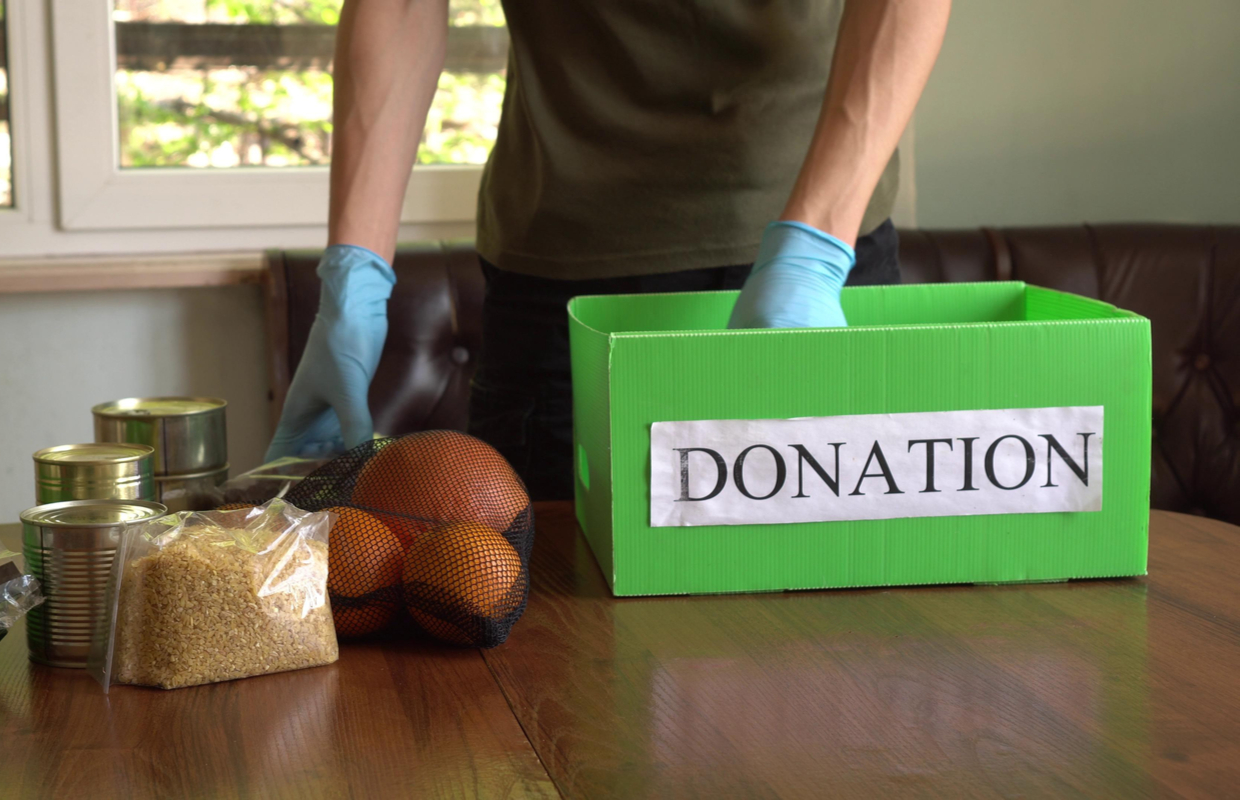
4. Donate what you don’t need
Lots of us have cans and jars in the cupboard that we won’t use. Rather than letting them gather dust, why not donate them to your local food bank? You can find details of your nearest food bank via The Trussell Trust’s ‘Find a Food Bank’ page.
Donating food we don’t need has never been more important. The Trussell Trust has reported that it has distributed a record 2.5 million food bank parcels in 2020/21.
This isn’t a solution to poverty. However, with 8.4 million people in the UK struggling to food afford to eat, donating food we don’t need can help those who really need it.

